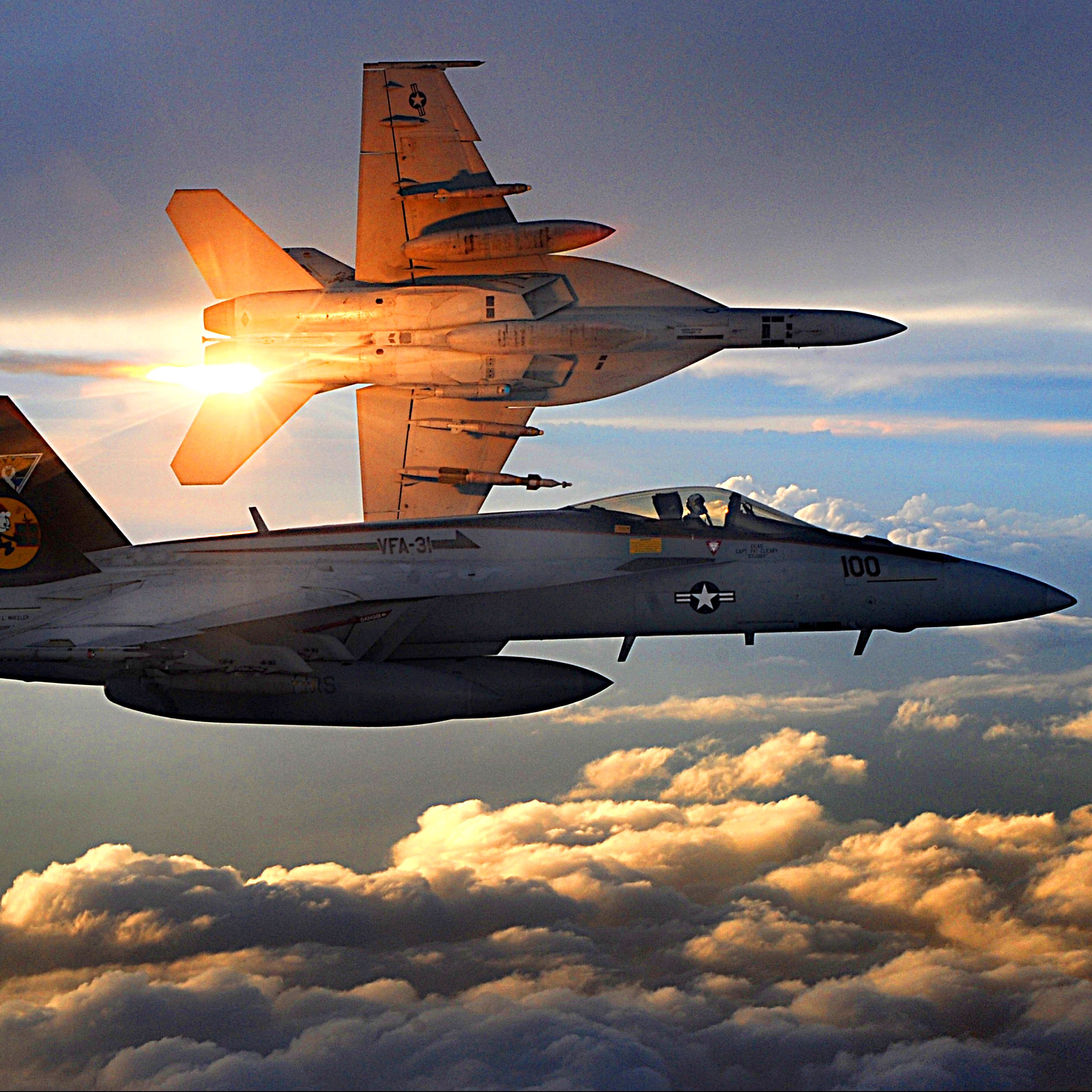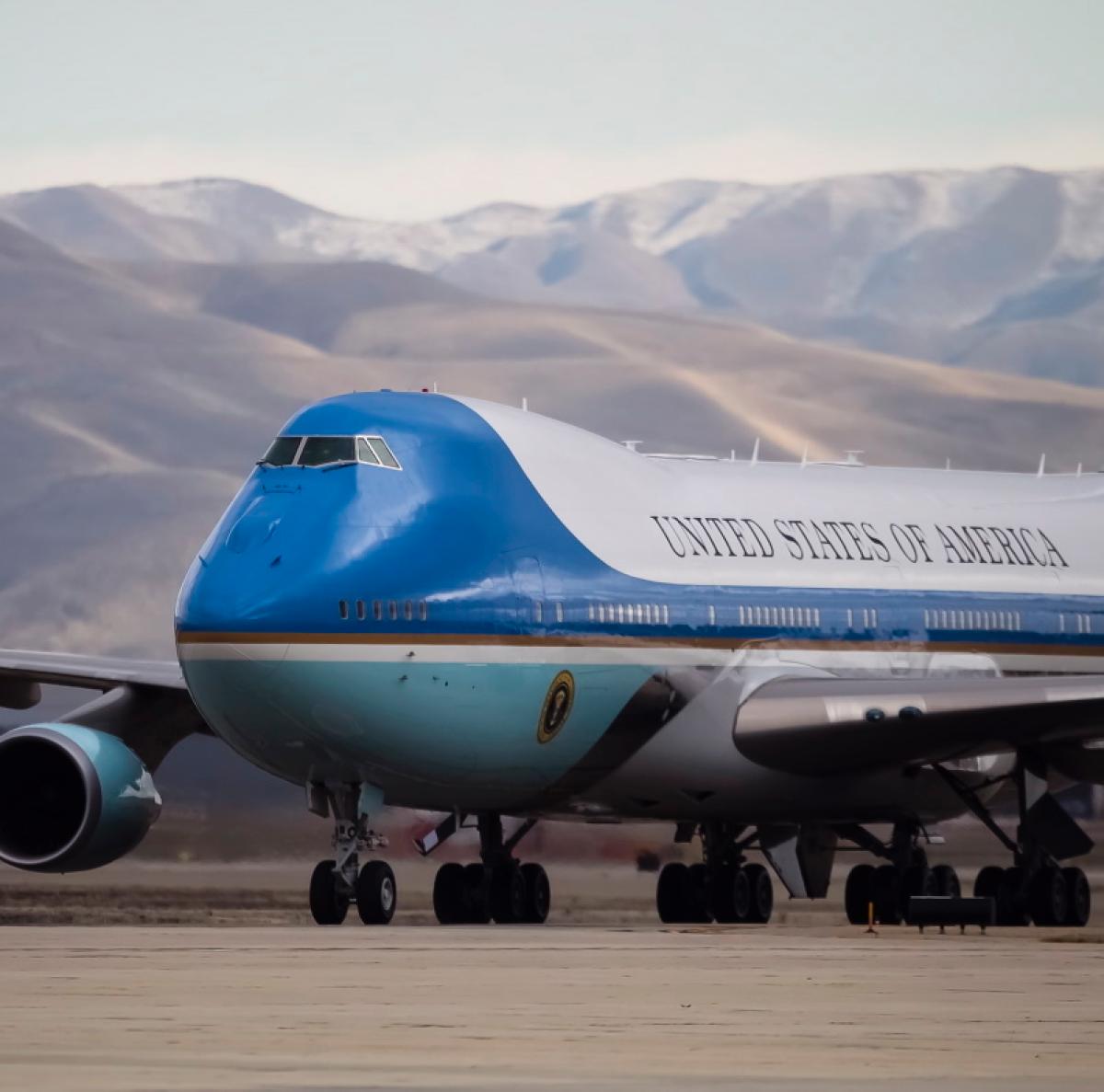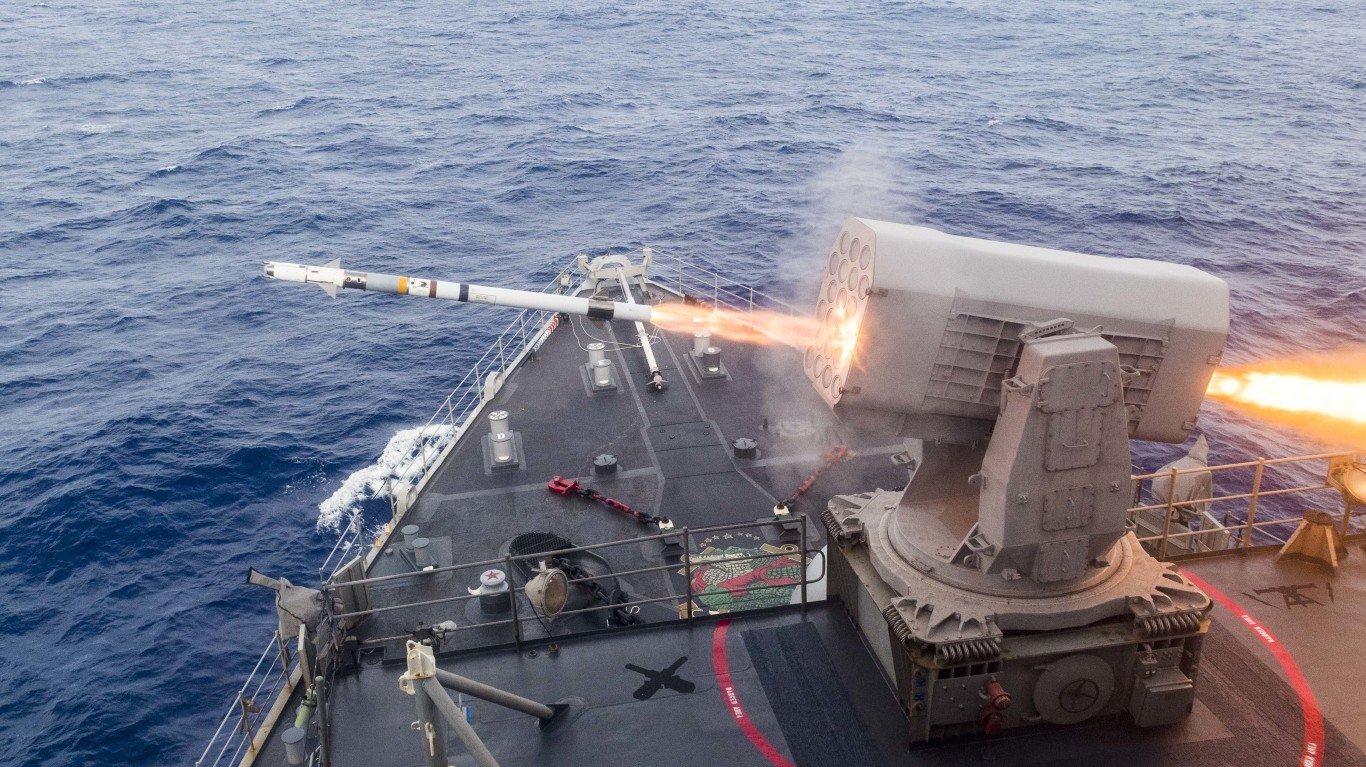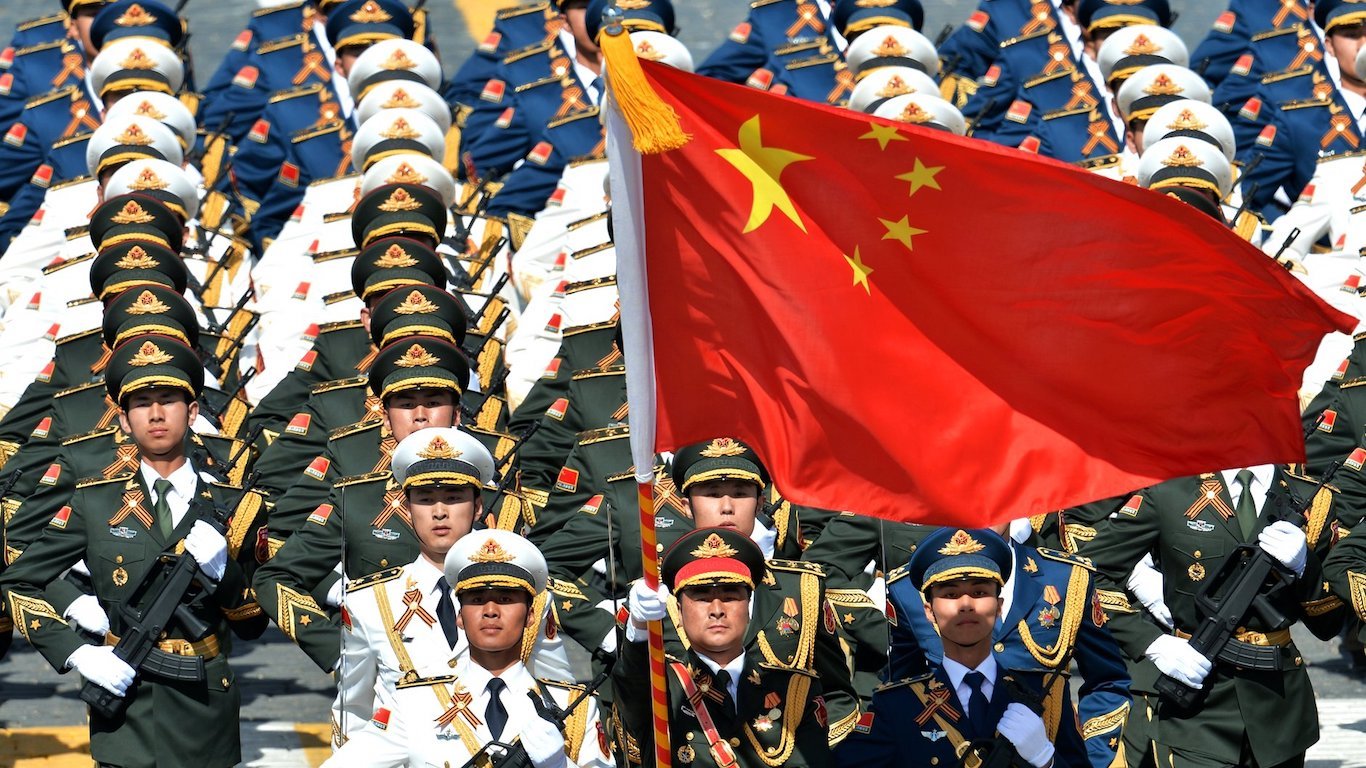

Last December, Boeing Co. (NYSE: BA) and Brazil’s Embraer S.A. (NYSE: ERJ) confirmed that the two companies had been holding discussions about some kind of tie-up. Reuters reported Sunday that the two companies will form a joint venture in which Boeing will hold a 51% stake.
The joint venture would be focused on commercial planes only, leaving Embraer’s defense business firmly under the Brazilian government’s control. The government currently holds a so-called golden share in Embraer that gives it the power to veto any deal. If Boeing’s original idea was to buy the company, the government apparently made it clear that such a transaction was not going to happen.
Neither Boeing nor Embraer would comment on the report that originated with O Globo journalist Lauro Jardim, who did not cite sources.
If Boeing can strike such a deal with Embraer and the Brazilian government, it gives the Chicago-based company a commercial plane that competes with the Bombardier CS100 in the single-aisle sector for aircraft with 100 to 150 seats. Canada’s Bombardier essentially gave its CSeries program — including a new CS300 that competes with Boeing’s 737 cash cow — to Airbus.
And speaking of Canada, Boeing has been added to a list of “eligible suppliers” that will be allowed to bid on a contract for 88 new fighter jets for the Royal Canadian Air Force. The other four suppliers on the list are Lockheed Martin Corp. (NYSE: LMT), France’s Dassault, Sweden’s Saab and the coalition of European countries that build the Eurofighter Typhoon.
Boeing had a contract with Canada for an interim supply of F/A-18s until Boeing filed its trade case against Bombardier charging the Canadian firm with dumping the CS100 at below cost in a deal with Delta. Canada canceled the order and inserted language in the contract for the fighter jets stating that “any bidder responsible for harming Canada’s economic interests will be a distinct disadvantage” in winning the bid.
In the fight over the CS100 sale to Delta, Boeing won the early battles but ultimately lost the war when the U.S. International Trade Commission ruled that the company had not been harmed by the Bombardier-Delta deal.
In an email to Aviation Week, Boeing said that now that it has been added to the list of eligible bidders on the fighter contract, it “values Canada as a customer and supplier-partner” and that the company would continue to evaluate its participation in the bidding for the fighter sale.
The contract for the Canadian fighter planes is expected to be offered in the spring of 2019 with a winner announced in 2021 or 2022. Deliveries are expected to begin in 2025 and stretch out through 2031.
The joint venture with Embraer, if it happens, will be announced much sooner and is certainly a bigger deal for Boeing. When talks between the two companies were first revealed, Embraer was valued at around $3.7 billion and some analysts thought it would take an offer of around $9 billion for Boeing to acquire the company.
Boeing, which expects operating cash flow of $15 billion this year and has nearly $10 billion in cash, can easily afford to acquire a 51% stake in a joint venture without cutting into its dividend. And spending the money to acquire a product that it needs and doesn’t have is a better use of its cash than more stock buybacks. Stay tuned.
Take This Retirement Quiz To Get Matched With An Advisor Now (Sponsored)
Are you ready for retirement? Planning for retirement can be overwhelming, that’s why it could be a good idea to speak to a fiduciary financial advisor about your goals today.
Start by taking this retirement quiz right here from SmartAsset that will match you with up to 3 financial advisors that serve your area and beyond in 5 minutes. Smart Asset is now matching over 50,000 people a month.
Click here now to get started.
Thank you for reading! Have some feedback for us?
Contact the 24/7 Wall St. editorial team.
 24/7 Wall St.
24/7 Wall St.
